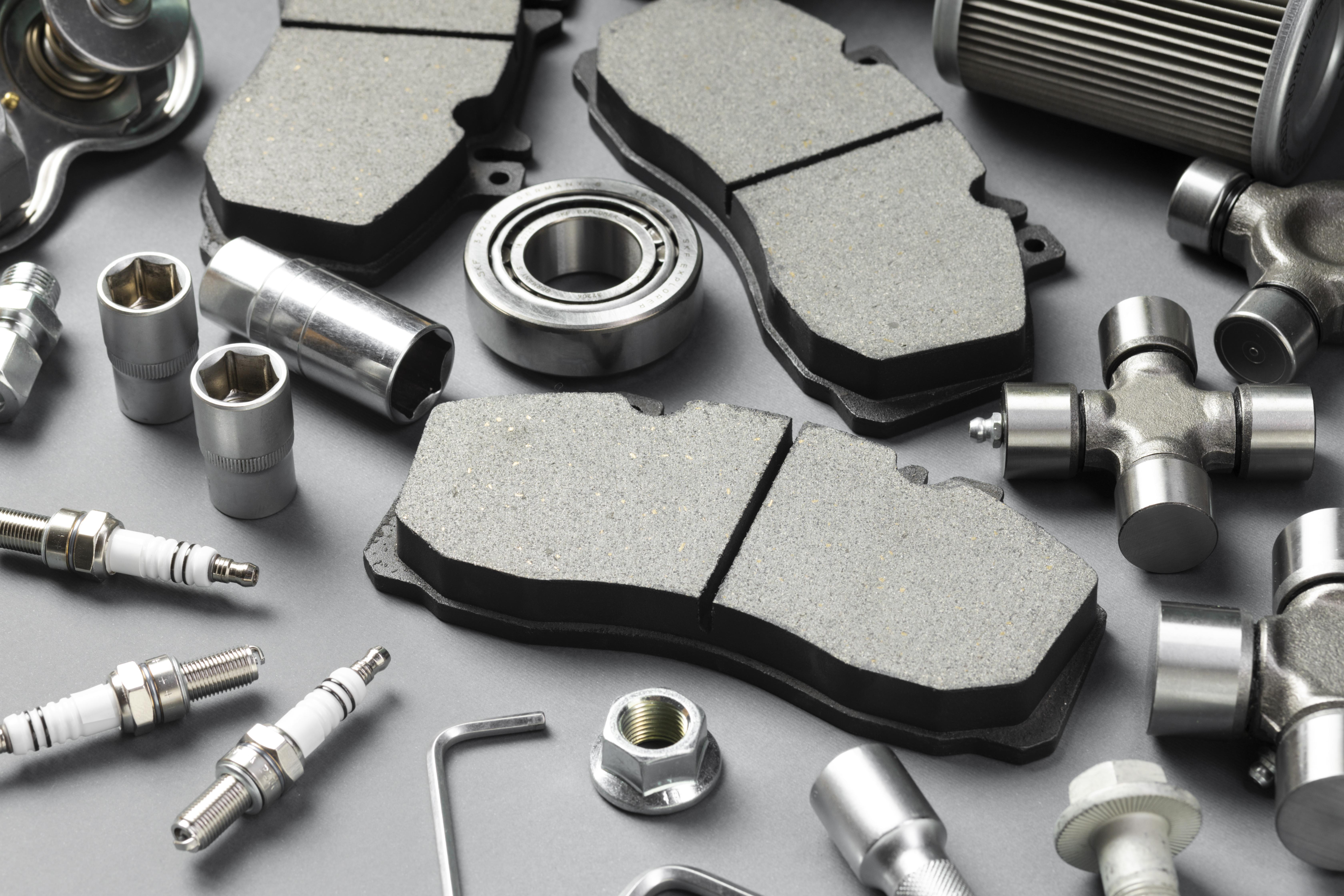The Importance of Quality Air Parts and Lubricants in Industrial Applications

The quality of the air components and lubricants used in industrial settings substantially affects the lifetime and performance of machines. Industries depend on well maintained machinery to guarantee seamless operations, minimise downtime, and save total maintenance costs, whether they are in manufacturing facilities or on construction sites. Maintaining peak performance, improving safety, and extending the life of industrial machinery all depend on investing in high-quality air components and lubricants.
Why Quality Air Parts Matter in Industrial Applications
Pneumatic components, compressors, and filters are examples of air parts that are essential to the operation and powering of a variety of industrial machinery. By using high-quality air components, machines are guaranteed to operate well, lowering the possibility of malfunctions and expensive repairs.
1. Improved Efficiency and Performance
High-quality air components are made to maximise machine performance, maintain pressure stability, and provide steady airflow. Reliable air filters keep pollutants, dust, and debris out of the system, preventing mechanical wear and tear and preserving smooth operation.
2. Decreased Equipment Failure
Poor air components can cause frequent failures, which can reduce production and result in expensive downtime. High-quality hoses, valves, and air compressors provide continuous operation, enabling companies to fulfil production commitments without unanticipated delays.
3. Extended Life of Machinery
Utilising high-quality air components lessens the pressure on industrial machinery, reducing early wear and increasing the machinery's total lifespan. Long-term operating expenses are reduced as a result of fewer replacements.
4. Enhanced Safety at Work
Accidents, leaks, and irregular pressure can result from defective air components. High-quality air components contribute to system integrity maintenance, guaranteeing a secure workplace for workers.
The Role of Lubricants in Industrial Applications
Lubricants are necessary to lower friction, stop wear and tear, and shield industrial equipment from corrosion and extreme heat. Using the proper lubricants may help keep things running smoothly and prolong the life of important parts.
1. Cutting Down on Wear and Friction
Lubricants reduce friction and stop metal-to-metal contact by creating a protective barrier between moving components. This ensures that equipment operate smoothly and effectively by reducing wear and tear.
2. Guarding Against Overheating
When industrial machinery are operating, they produce a lot of heat. Effective heat dissipation from high-quality lubricants lowers the chance of component failure from excessive heat exposure and prevents overheating.
3. Defending Against rust
Machinery in industrial settings is frequently exposed to moisture and impurities, which can cause corrosion and rust. Metal components have a longer lifespan thanks to the protective barrier that specialised lubricants offer, which stops oxidation.
4. Improving Energy Efficiency
By minimising friction-related energy losses, proper lubrication guarantees that machinery runs with little resistance. Over time, this results in lower operating expenses and increased energy efficiency.
Choosing the Right Air Parts and Lubricants
Equipment specifications, operating needs, and environmental considerations all play a role in choosing the best lubricants and air components for industrial applications. Consider the following important factors:
- Compatibility: To prevent problems with the machinery's performance, make sure that the lubricants and air components are compatible.
- Quality Standards: Standards of Quality: To ensure dependability, choose goods that adhere to industry certifications and standards.
- Maintenance Requirements: Select air components and lubricants that provide long-lasting performance with little maintenance.
- Environmental Impact: The environmental impact of industrial activities can be decreased by taking into account energy-efficient air components and environmentally friendly lubricants.
Conclusion
For industrial machinery to operate safely and effectively, high-quality lubricants and air components are essential. Purchasing high-quality parts not only improves performance and decreases downtime, but it also lowers long-term costs and increases worker safety. Industries can guarantee that their equipment stays in top shape and boost production and operational success by selecting the appropriate materials and following routine maintenance procedures. When it comes to air components and lubricants, choosing quality above price is a wise move that will eventually pay off.
